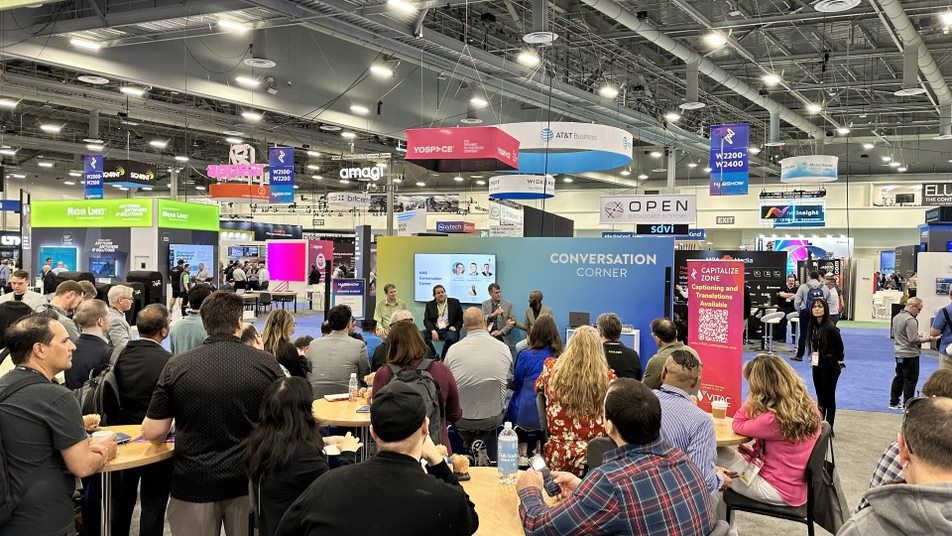Schools and colleges across the country explored new ways to teach students this spring as the coronavirus pandemic forced academic institutions to shutter classrooms and cancel in-person instruction.
As distance learning and virtual teaching became commonplace – nearly 55 million students nationwide continued their educations remotely while schools were closed – instructors had little choice but to rely on video instruction and online course materials. And just like in the physical classroom, it was important for teachers to engage all of their students, and give each equal access to the lesson and equal opportunity to learn and succeed.
To that end, adding captions to online video instruction can go a long way towards making classrooms and course materials accessible to all students.
The Americans with Disabilities Act and Section 504 of the Rehabilitation Act requires most educational videos to be captioned or otherwise accessible to ensure effective communication. The ADA and Section 504 apply to all programs, services, and activities offered by a school system, including lessons, school board meetings, extracurricular programs, teacher conferences, recreational activities, social and cultural activities, adult education, and summer school.
Benefits of Classroom Captions

There is no doubt that captions are crucial for deaf and hard-of-hearing students, but they also have been proven to benefit others as well. Studies have shown, and schools have found, that adding captions to digital content improves comprehension, engagement, retention, and the overall learning experience for all students and not just those requiring accessible content.
Illustrating this point, a study conducted by San Francisco State University provided video learning materials with captions to one group of students and the same video materials without captions to another. The students given the captioned materials were found to be more engaged and responsive to questions and demonstrated an improvement of one full grade point versus those students who did not view the captioned content.
Another survey showed a nearly 10 percent increase in recall accuracy in students viewing captioned content versus those learning without captions.
Captions also enable students to take their online video homework anywhere. Walk into a busy coffee shop and café and you’re likely to find students working on their laptops. These typically aren’t the most quiet of environments, but adding captions to online course materials mean that students can study and learn (or, let’s be honest, watch the latest viral cat video) in even the noisiest of locations.
They also are beneficial to those learning English as a Second Language (ESL). Captions give ESL students the opportunity to review confusing materials or reference difficult or complex terms that they may have had trouble translating without a written reference.
Rely On Us For Your Captioning Needs
National universities, community colleges, online lecture providers, and educational video producers rely on VITAC’s wide range of services to make their content more accessible and satisfy legal requirements. We work closely with a number of educational clients, including:
- An Ivy League school has relied on VITAC to caption its online videos, including popular lectures and course assignments.
- VITAC supplies captions for a leading provider of online math videos, creating verbatim translations in English and Spanish and manually formatting captions so that fractions and mathematical formulas didn’t include unusual line break to ensure the text was correct and understandable.
- We worked with a large northeastern college to provide captioning for sporting events distributed via its online portal, installing the proper equipment and scheduling and captioning live events using our employee captioners.
- We work with schools and universities around the country to caption graduation and commencement ceremonies.
Though many schools are scheduled to resume in-person instruction later this summer, teachers have a unique opportunity to design course materials to be as accessible as possible from the beginning, ensuring classrooms (physical and virtual) are inclusive to all students.




